Anxiety can be a natural part of life for many people, even if we try hard to avoid it. For instance, it can be a result of living in an often chaotic world. Anxiety, on the other hand, may not be all that terrible. It raises your awareness of danger, pushes you to be organized and prepared, and assists you in risk calculation. Still, when worry becomes a daily battle, it's time to take action before things meltdown out of control. Anxiety, if left unchecked, may have a negative influence on your quality of life.
As per the National Alliance in Mental Illness, Anxiety disorders are the most common mental health concern of about 40 million American adults (19.1%). Meanwhile, roughly 7% of youngsters aged 3 to 17 have been reported to having some form of anxiety each year, with most individuals showing symptoms before the age of 21.
Managing it is all about discovering techniques to self-soothe in the present when dealing with worry, stress, and even panic attacks. These natural anxiety treatments may be your ticket to finding some peace amid your stress storm.

1. Regular Exercise
Exercising regularly can be both supportive to your physical and emotional wellbeing. When you work out, your body releases chemicals called endorphins or the "Happy Hormone." These endorphins interact with pain receptors in your brain, which has been said to help with anxiety.
Also, spending time under the morning sun for a walk or run is an excellent way to get more Vitamin D and is also thought to help with Serotonin levels, a mood-boosting hormone that is said to help support your focus and calmness.

2. Meditation
Mindfulness meditation practice may be an excellent approach for assisting stress and anxiety support. Meditation practice, when practiced regularly, may assist in slowing down racing thoughts and calming both your mind and body. Yoga is also a recommended meditation for the mind and body.
Meditation may be practiced at any time of the day. You might discover that meditation first thing in the morning helps you decrease morning anxiety, or perhaps you find that meditation in the evening helps you to sleep better. Experiment with different times of day to see what works best for you.
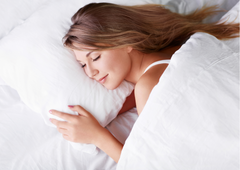
3. Getting Enough and Quality Sleep
Serious sleep disturbances have long been identified as something that may pray on anxiety. Worrying people frequently ruminate about their worries in bed, and this anxiety may have an impact on falling asleep. Furthermore, Sleep deprivation has been linked to mood and emotional health. Because of the bidirectional link, anxiety and sleep deprivation may be self-reinforcing; worrying producing terrible sleep, contributing to more stress and worse sleep issues.
With the complex link between anxiety and sleep, obtaining more rest may help with anxiety symptoms. Building healthy sleep habits can make going to bed more pleasurable and enable a consistent sleep schedule.
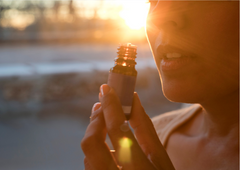
4. Aromatherapy
Aromatherapy has not been proven to help with stress and anxiety. However, many people are partial to certain aromas such as lavender to help them relax. Why not make a small change and add some scented candles throughout your home and see if they help you unwind. These can go great with a hot, relaxing bath.

5. Health Meals and Lifestyle
Numerous additional dietary factors might help with anxiety along with eating a balanced meal and drinking enough water to stay hydrated. Moreover, incorporating complex carbs, for example, are digested more slowly and contribute to a more balanced blood sugar level, which may result in a calmer mood.
Committing to a healthy lifestyle by limiting or eliminating alcohol and caffeine may also be something you want to practice. According to a recent study, caffeine has been linked to jitters for some people.
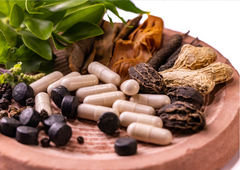
6. Herbs and Supplements
Ashwagandha is a herb that has been used for thousands of years and has been said to assist with stress and anxiety support. Ashwagandha is a perennial plant native to India, the Middle East, and portions of Africa. Indian Ginseng and Winter Cherry are two more names for the plant and many people consume it in supplement form.
At Nature's Branch, we've specifically formulated our Ashwagandha supplement to provide 1950mg of powder per serving, assisting energy and mood. Each of our ashwagandha capsules is Certified Organic by UDAF and made with Organic Ashwagandha root powder for a premium experience. They are also cGMP certified and third-party tested for potency and purity. For an extra boost of absorption, we've also added black pepper for a powerhouse combination. Our Ashwagandha supplement is also all-natural, vegan, and GMO-free.
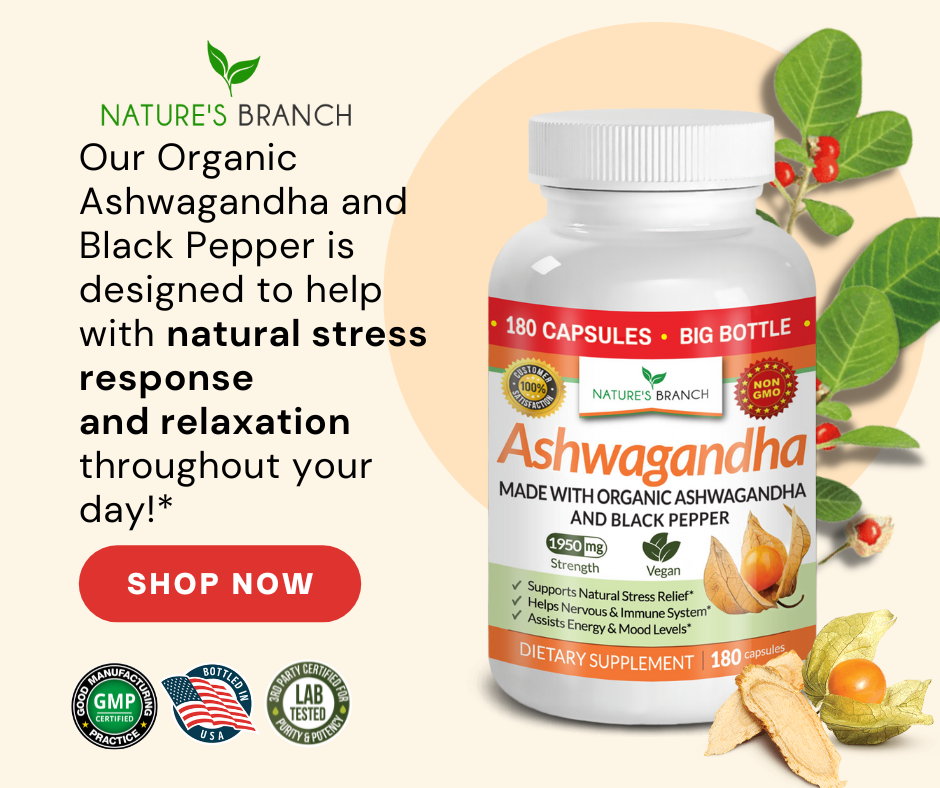
Remember:
The best course of action is to consult your physician before taking any supplement or trying any new anti-anxiety practices.
References:
-
National Alliance on Mental Illness. (2017, December).Anxiety Disorders. NAMI: National Alliance on Mental Illness. https://www.nami.org/About-Mental-Illness/Mental-Health-Conditions/Anxiety-Disorders
-
Bruce, D. F., PhD. (2008, May).Exercise and Depression. WebMD. https://www.webmd.com/depression/guide/exercise-depression#:%7E:text=When%20you%20exercise%2C%20your%20body,similar%20to%20that%20of%20morphine.
-
Star, PhD, K. (2021, March).Mindfulness Meditation Exercise for Anxiety. Verywell Mind. https://www.verywellmind.com/mindfulness-meditation-exercise-for-anxiety-2584081#citation-1
-
Most Commonly Used Essential Oils. (n.d.). National Association for Holistic Aromatherapy. Retrieved September 29, 2021, from https://naha.org/explore-aromatherapy/about-aromatherapy/most-commonly-used-essential-oils
- Winston, A. P., Hardwick, E., & Jaberi, N. (2018, January). Neuropsychiatric effects of caffeine | Advances in Psychiatric Treatment. Cambridge Core. https://www.cambridge.org/core/journals/advances-in-psychiatric-treatment/article/neuropsychiatric-effects-of-caffeine/7C884B2106D772F02DA114C1B75D4EBF


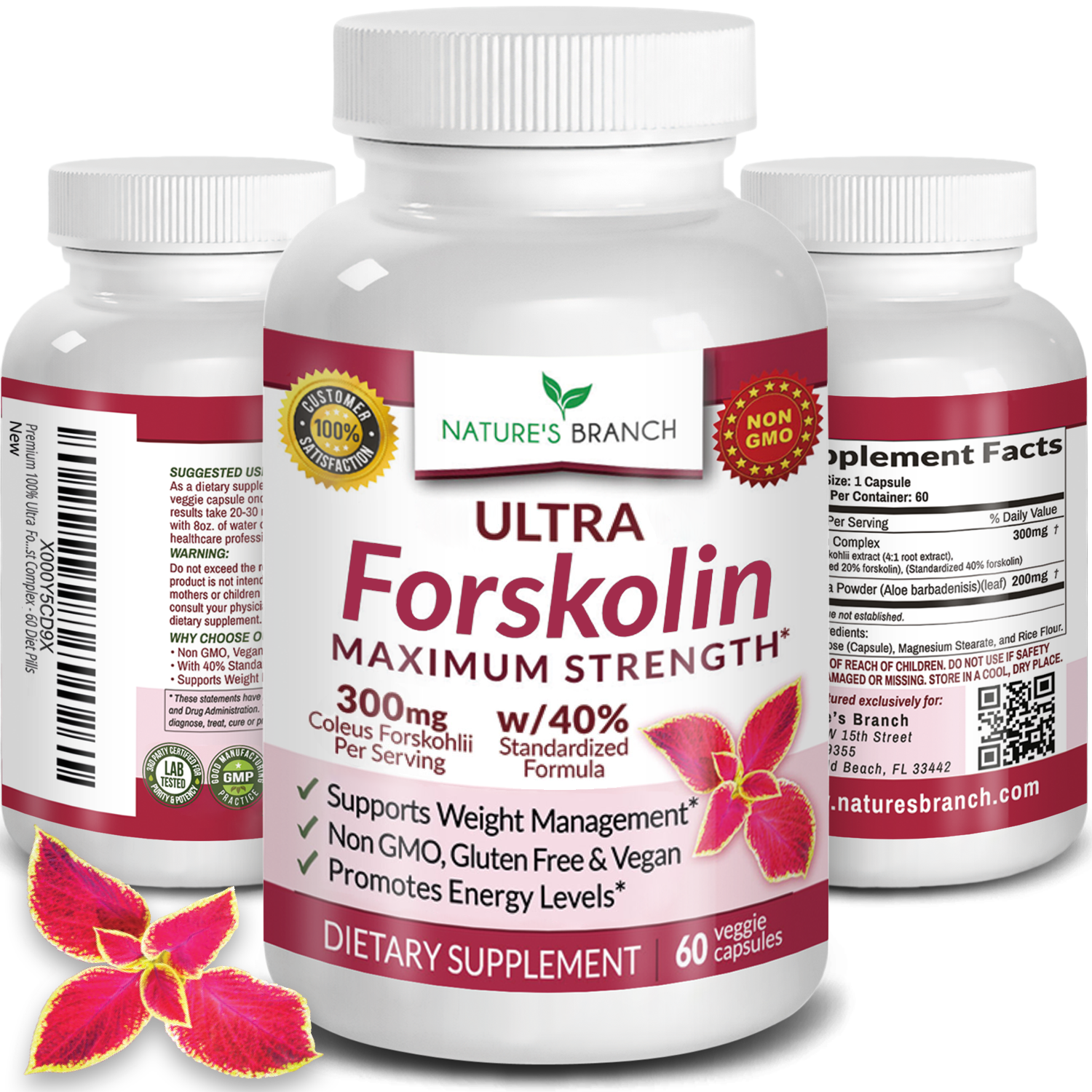
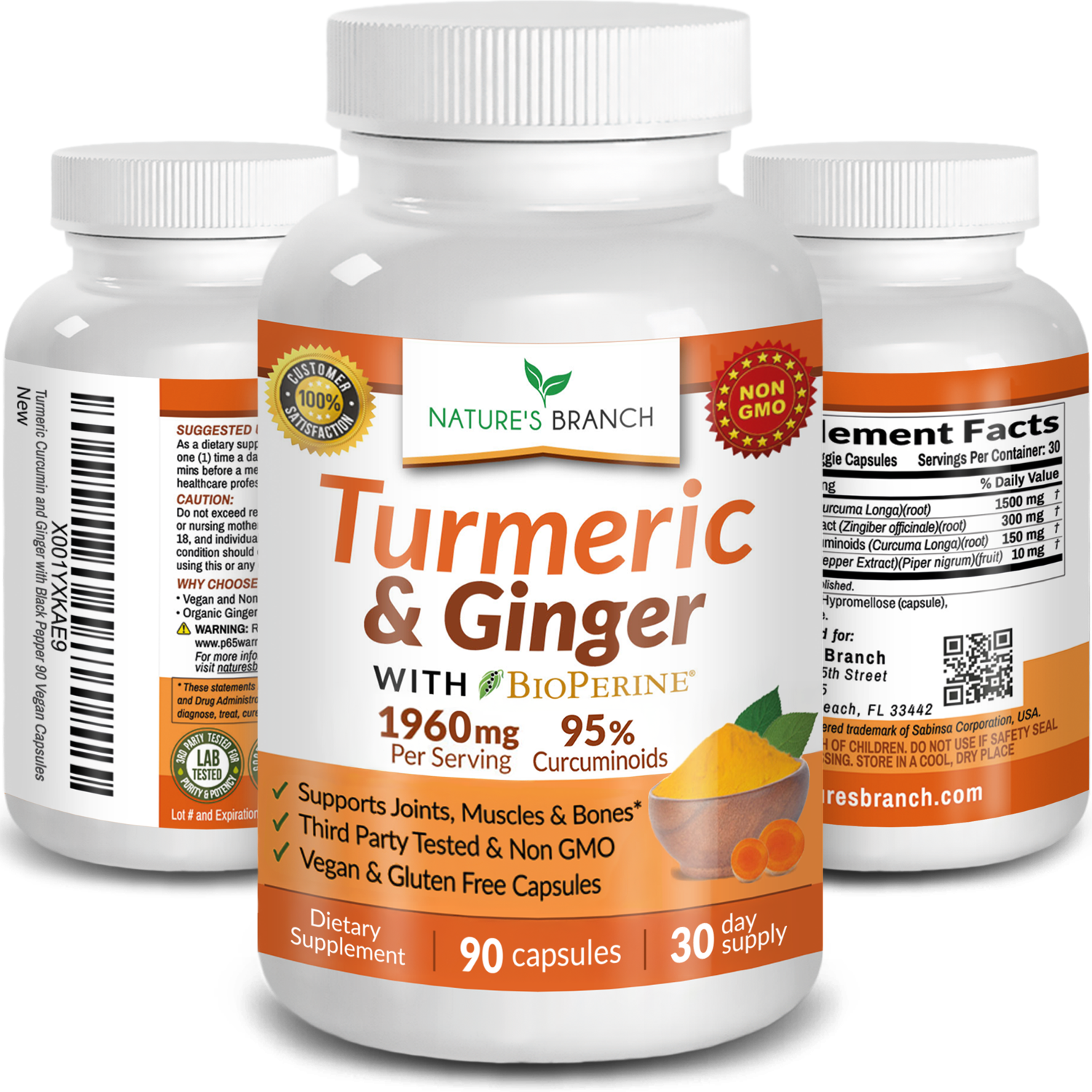

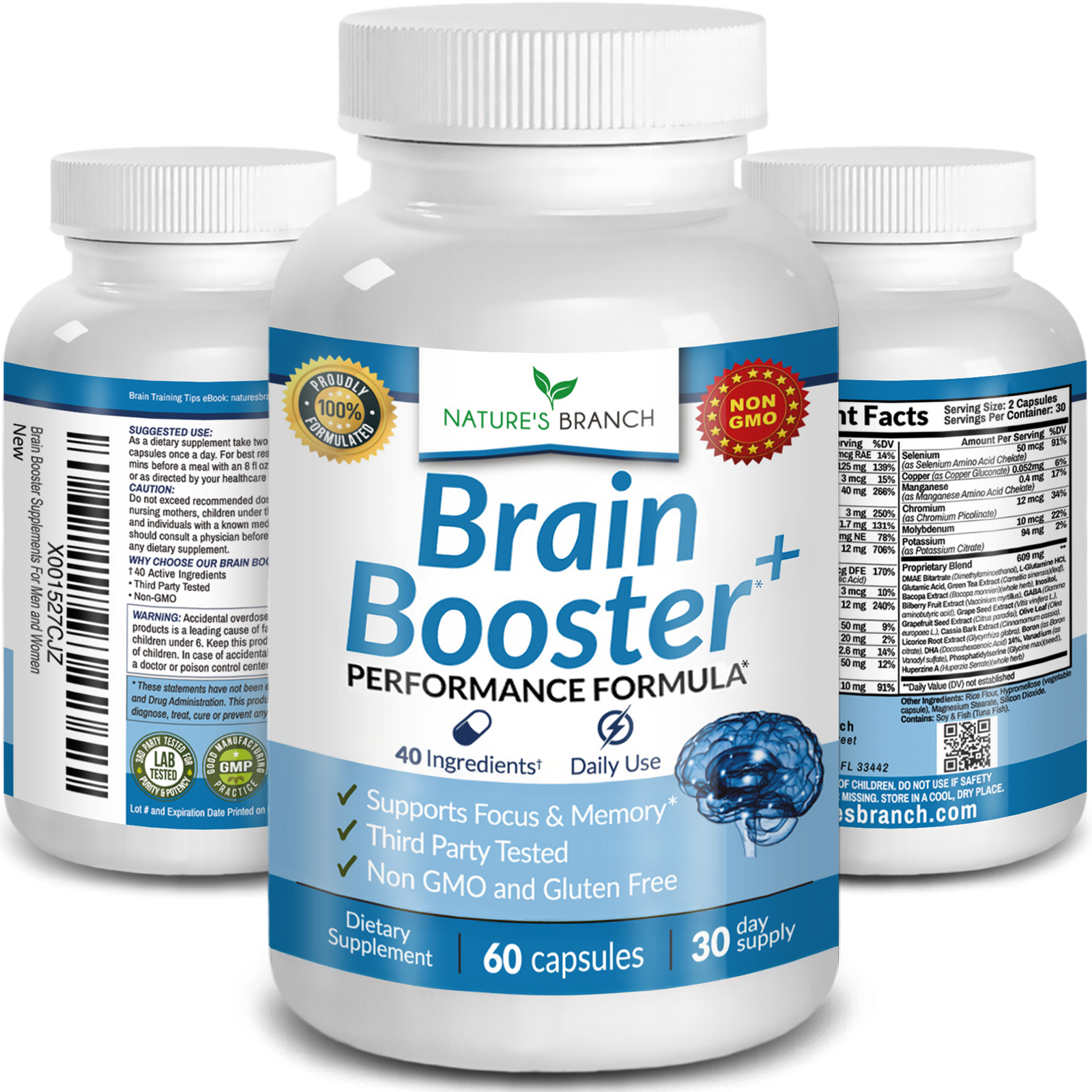


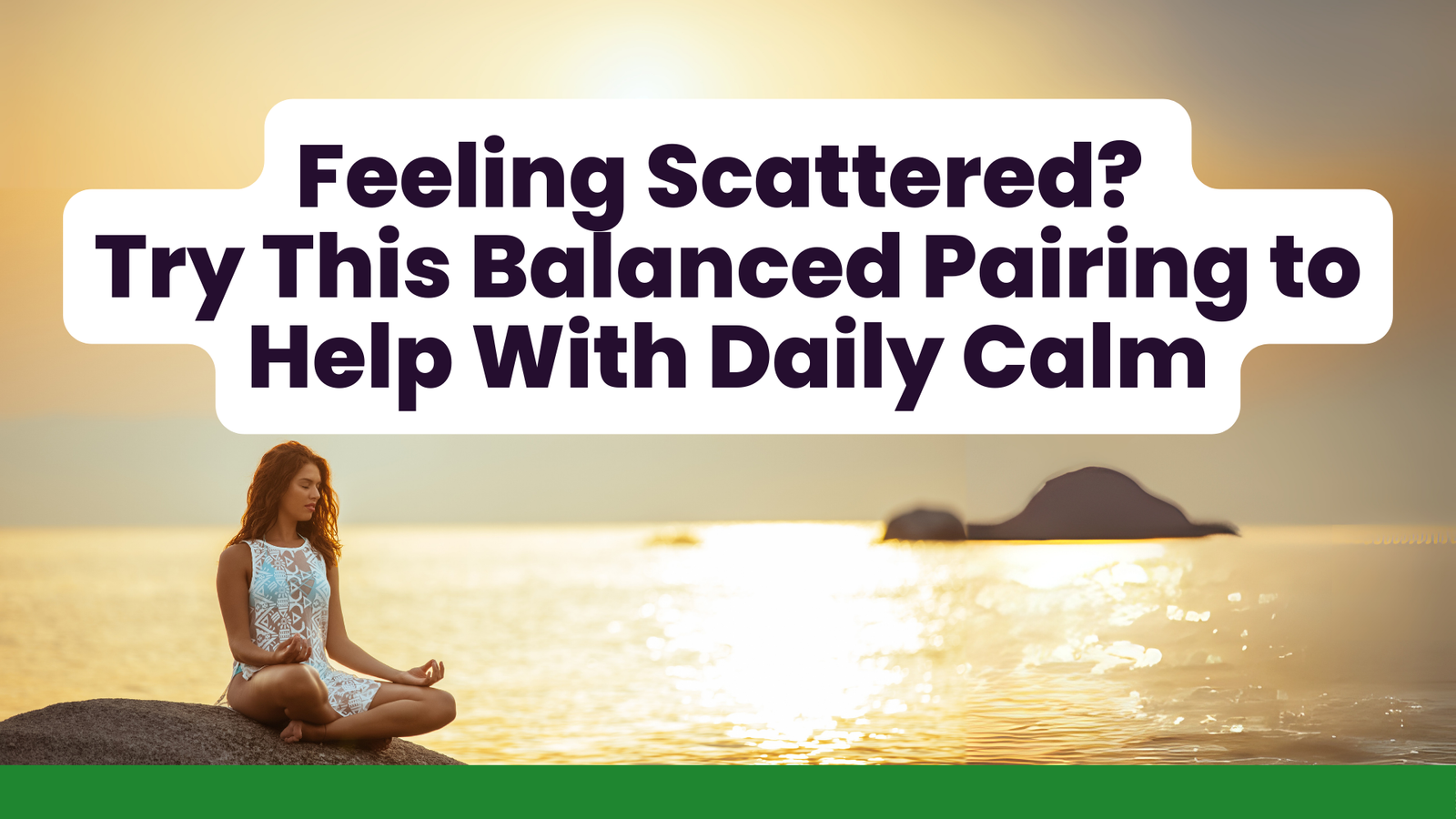
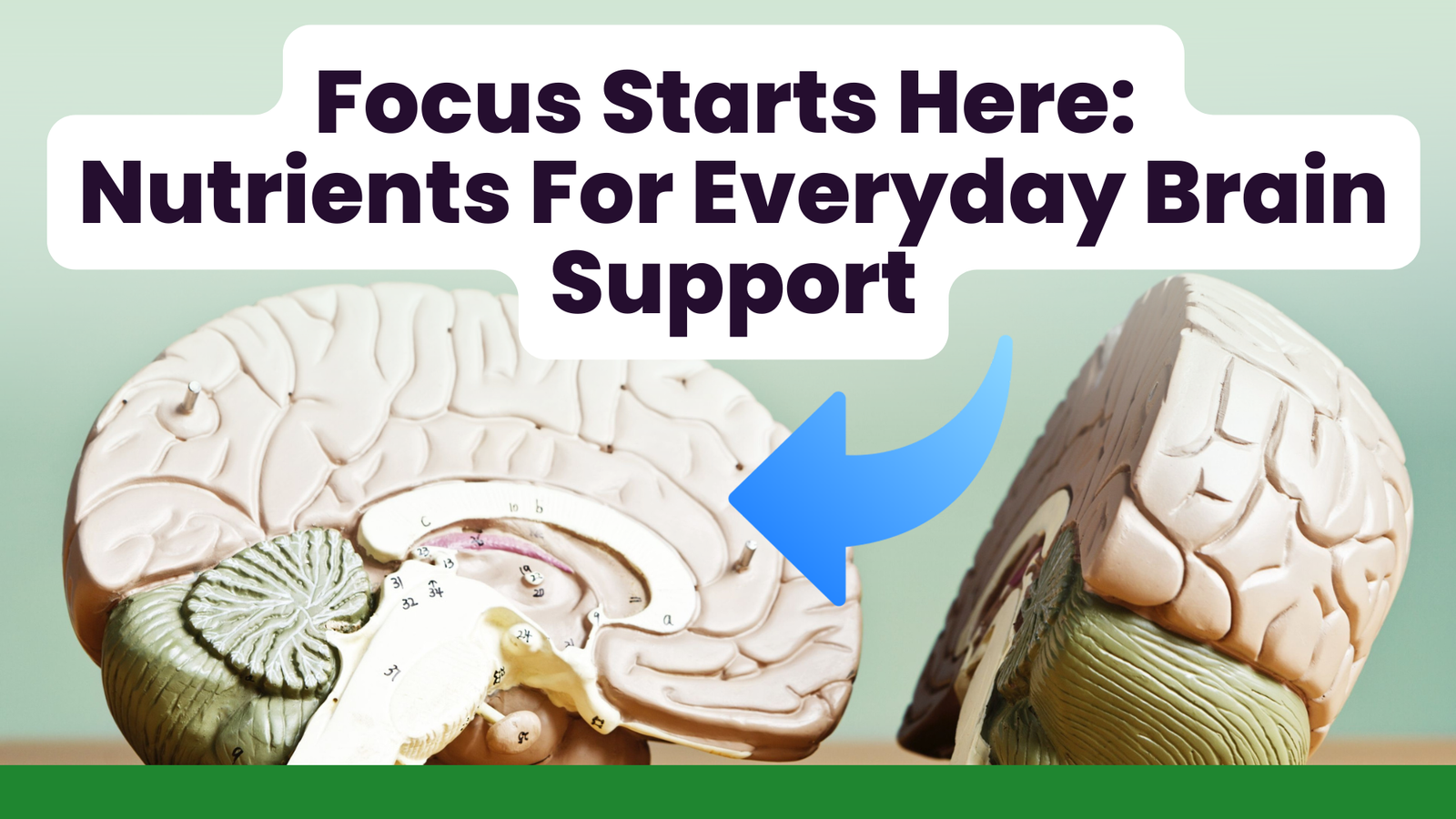
Leave a comment (all fields required)